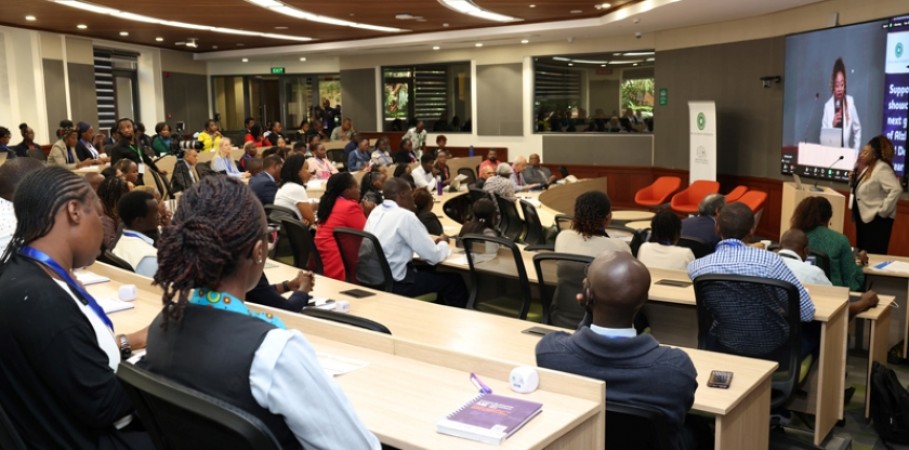
In a significant step toward tackling Africa’s growing dementia crisis, the Aga Khan University’s Brain and Mind Institute (BMI) recently hosted the Alzheimer’s Association International Conference (AAIC) Neuroscience Next Nairobi Hub. The event marked a pivotal shift in the continent’s role in global neuroscience, positioning Africa as not just a recipient of knowledge but a leader in research tailored to its unique challenges.
With up to 75% of dementia cases in low- and middle-income countries going undiagnosed, the need for locally driven research and culturally relevant healthcare solutions has never been more pressing. Africa’s aging population, coupled with an underfunded neuroscience sector, has created an urgent call to action for governments, researchers, and healthcare professionals.
“This is more than just a conference; it is the beginning of a movement to empower African neuroscientists and shape region-specific solutions,” said Dr. Chi Udeh-Momoh, a Translational Neuroscientist at BMI. “For too long, dementia research in Africa has been underfunded, and global studies have failed to reflect the realities of our populations. It’s time to take ownership and lead the way in closing these knowledge gaps.”
The conference brought together early-career scientists, established researchers, and healthcare professionals to foster collaboration, mentorship, and innovation. Experts highlighted the role of genetics, environmental factors, and lifestyle choices in brain health, stressing the importance of early detection and prevention strategies suited to African healthcare systems.
BMI Founding Director Prof. Zul Merali emphasized the socioeconomic impact of dementia, urging immediate action. “Dementia is not just a medical issue; it is a growing public health crisis that will have profound socioeconomic consequences if left unaddressed,” he said. “Building a strong neuroscience ecosystem in Africa is essential to tackling this challenge.”
Unlike previous international conferences where African scientists had limited influence, the AAIC Neuroscience Next Nairobi Hub ensured that African perspectives were at the forefront. Panel discussions focused on bridging the gap between research and real-world healthcare applications, with a strong emphasis on influencing policy and improving patient care.
The conference also underscored the urgent need for sustained investment in neuroscience research. While international collaborations remain vital, African nations must commit resources to develop long-term, sustainable solutions. Attendees expressed optimism that the conference would serve as a launchpad for increased financial support, interdisciplinary partnerships, and data-driven policy recommendations to combat neurodegenerative diseases.
The event was made possible through the support of the Alzheimer’s Association International Conference Neuroscience Next and the International Brain Research Organization (IBRO), signalling growing international recognition of Africa’s role in shaping the future of neuroscience.
As Africa takes proactive steps to lead in neuroscience, the impact of this initiative is expected to extend beyond dementia research. The broader goal is to establish a resilient research infrastructure capable of addressing a wide range of brain disorders affecting African populations.
Article by RB Correspodent
Photo/Google
https://www.aku.edu/news/Pages/News_Details.aspx?nid=NEWS-003507

Comment